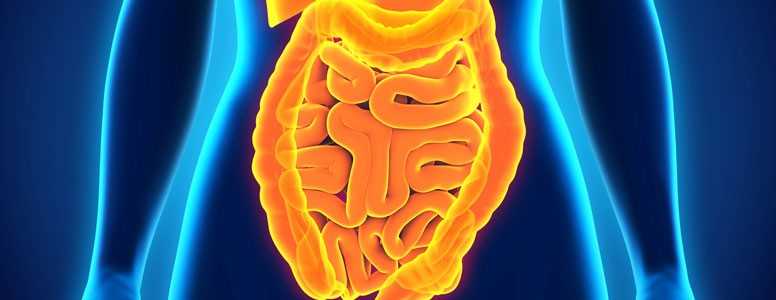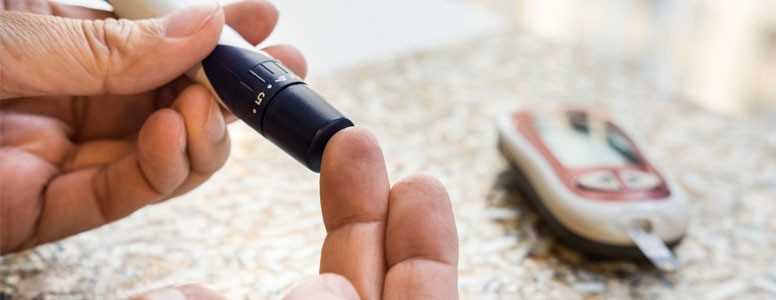A link has been found between type 2 diabetes and bacteria invading the lining of the colon, researchers have said.
A US study has been looking at how people develop metabolic syndromen, a term used to describe the presence of factors including obesity, imbalanced cholesterol levels and insulin resistance.
The team from the Institute for Biomedical Sciences at Georgia State say the findings have given them an insight into how people develop insulin resistance, which can lead to type 2 diabetes.
Lead author Professor Andrew Gewirtz, who specialises in research on innate immunity, microbiomen, intestinal inflammation and diabetes, said: “Alterations in bacteria have been associated with metabolic diseases, including obesity and type 2 diabetes, but mechanisms remain elusive.”
Professor Gerwirtz said there has already been research which has looked at bacteria penetrating the epithelium, the mucus that lines the colon: “Previous studies in mice have indicated that bacteria that are able to encroach upon the epithelium might be able to promote inflammation that drives metabolic diseases, and now we’ve shown that this is also a feature of metabolic disease in humans, specifically type 2 diabetics who are exhibiting microbiota encroachment.”
Human samples taken from people aged at least 21 were used in this most recent study. They were recruited via the Veteran’s Administration Hospital in Atlanta and had no major health problems, other than type 2 diabetes, and were being screened for colon cancer.
Biopsies taken from the left colon were studied, along with the individuals’ medical history and gastrointestinal complaints.
The researchers think the gut bacteria penetrating the epithelial cells drives inflammation which leads to insulin resistance.
The study stated: “We conclude that microbiota encroachment is a feature of insulin resistance-associated dysglycemia in humans.”
Dr Samuel Klei, chief of the Division of Geriatrics and Nutritional Science at the Washington University School of Medicine Diabetes Research Center, said: “The data are impressive and may have opened a new field of investigation in metabolic function and type 2 diabetes.”
More research is now being carried out to find out more about the colon-invading bacteria in a bid to develop future treatments.
The findings have been published in the Cellular and Molecular Gastroenterology and Hepatology journal.
What's new on the forum? ⭐️
Get our free newsletters
Stay up to date with the latest news, research and breakthroughs.








